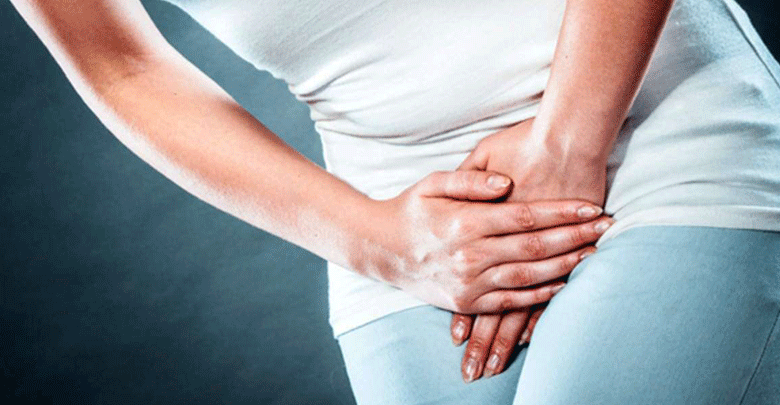Ten reasons you keep getting yeast infections

Vaginal yeast infections, or candidiasis, affect as many as three out of four women at some point in their lives. You do everything to prevent it from recurring, but there it is again — the maddening itch and thick discharge that signals the problem has come back. This can be frustrating to both the patient and the doctor. As Ann Wairimu explores, some people may be susceptible to frequent infections, but there are steps you can take to prevent them if you know what triggers them.
1. Your antibiotic dose is to blame
If you use broad-spectrum antibiotics such as tetracycline or amoxicillin to fight off another infection, these antibiotics can also kill off the healthy bacteria that keep the yeast in check, leading to overgrowth of yeast.
2. Your oestrogen levels are high
Yeast infections are more common in women with higher estrogen levels — such as pregnant women, those who are breastfeeding, women taking high-dose estrogen birth control pills or those using hormone replacement therapy.
As hormonal changes occur, sometimes women develop more yeast infection problem.
That’s because shifting hormones can kill off more of the good bacteria that keep candida in check.
3. Your DNA might be working against you
Two genetic mutations might make some women more susceptible to Candida albicans, the fungus most responsible for chronic vaginal yeast infections, according to a French study.
A healthy immune system will recognise excess candida growth and launch a defense — but immune systems in women with these genetic defects can’t create key proteins to make that defense possible.
The genetic link might explain why frequent yeast infections seem more common in some families than in others.
In a 2011 study, researchers at Radboud University in Netherlands examined the genetic profiles of 11 patients from five families who had chronic yeast infections and identified an inherited genetic mutation that made members of those families more susceptible.
4. Your partner is to blame
Yes, men can get yeast infections, which are called balanitis. It makes the head of the penis red, sore and itchy. Uncircumcised men are more susceptible to balanitis.
Even after a woman’s yeast infection clears up, her partner can re-infect her, and therefore, it’s recommended that both partners seek treatment.
Twelve per cent to 15 per cent of men report getting an itchy rash on their penis after having sex with a woman with a yeast infection.
Vaginal yeast infections aren’t considered sexually transmitted diseases because the candida fungus is naturally present in the vagina, and even celibate women can get infections.
5. Your immune system might not be up to par
If you are taking medication that suppresses your immune system — to treat autoimmune diseases such as lupus, or if you are getting cancer treatment or have had an organ transplant, your chances of getting yeast infections such as thrush or invasive candidiasis are higher.
Steroids can also make it hard for your immune system to fight a yeast infection because they counteract the inflammation that is a necessary first step in your immune response.
Diseases that attack the immune system such as HIV and leukemia, can let yeast grow wild.
In fact, chronic yeast infections that don’t respond to any treatment might be an early sign of HIV.
6. You have poor eating habits
Bingeing on carbohydrates and a lot of sugary foods can set up conditions that yeast thrive in. High-glycemic foods feed this organism and can cause an overgrowth.
7. You have high blood sugar
Women with poorly controlled blood sugar are at greater risk of yeast infections than women with well-controlled blood sugar.
The increase in sugar in the mucus membranes (moist tissues) of your vagina can create a fertile environment for yeast to grow.
8. You might be approaching menopause
In premenopausal women, hormones undergo some radical changes — and, hormonal shifts can cause an imbalance in your vaginal bacteria, which may boost candida growth.
But if you are past menopause, the irritation and itch that feels like a yeast infection might be a symptom of vulvar cancer.
High estrogen favours candida overgrowth, so women who are no longer producing estrogen shouldn’t get frequent yeast infections.
9. You douch or use vaginal sprays
Some products can change the acidity level in your vagina. That encourages the growth of yeast and can remove the helpful bacteria that keep yeast at bay.
10. You wear tight clothes
Wearing underwear (or tight jeans or a wet swimsuit) that doesn’t breathe can increase body heat and moisture in the vagina.
This creates conditions yeast likes to grow in. Choose underwear with a cotton crotch, and change out of swimsuits and workout clothes as soon as possible.









